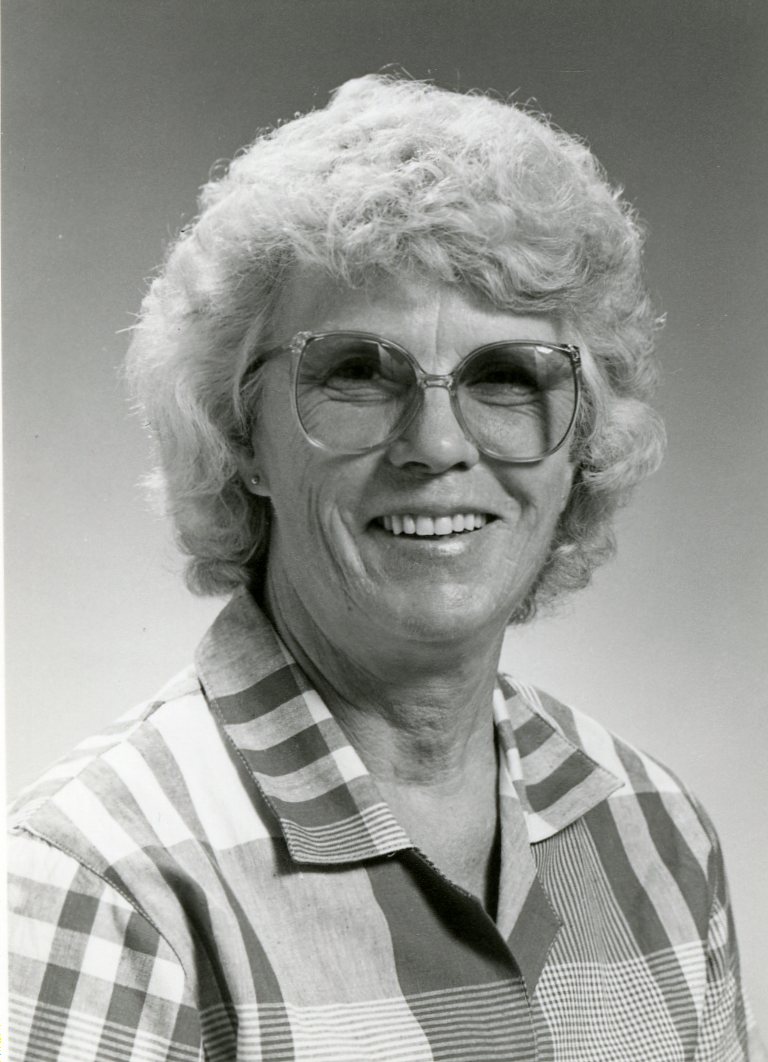 Vivian Wensel was a faculty member of the Concordia physical education program for thirty-five years. She taught over twenty different classes and coached the women’s badminton and golf teams. Through her work on campus and in May travel seminars abroad, she provided a positive role model for young female athletes at Concordia. Vivian Wensel was a faculty member of the Concordia physical education program for thirty-five years. She taught over twenty different classes and coached the women’s badminton and golf teams. Through her work on campus and in May travel seminars abroad, she provided a positive role model for young female athletes at Concordia.
|
When the United States decided to forego their neutrality to the first World War in 1917, thousands of American men were drafted into the armed forces. Although women were unable to enlist, their services were required and appreciated in Red Cross work either as nurses or as citizen volunteers simply rolling and packing bandages. Women of Concordia College were quick to participate in the Moorhead chapter of the Red Cross by rolling bandages and knitting sweaters, mittens, caps, and scarves.
|
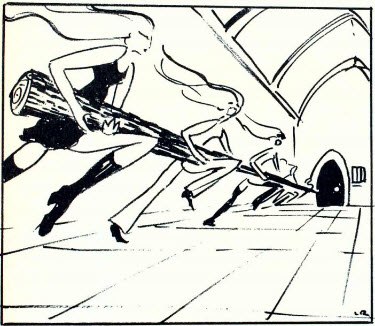 Until the early 1970s, Concordia College imposed restrictive rules and strict regulations pertaining to women’s curfews and lights out. The questioning of authority surrounding the Vietnam War and the feminist movement helped to empower female Cobbers to advocate for their personal freedom. Through a variety of strategies such as demonstrations, lobbying, and expressing opinions in the campus newspaper, women studying at Concordia gained personal freedom and independence when Women’s Hours were eliminated in 1973. Until the early 1970s, Concordia College imposed restrictive rules and strict regulations pertaining to women’s curfews and lights out. The questioning of authority surrounding the Vietnam War and the feminist movement helped to empower female Cobbers to advocate for their personal freedom. Through a variety of strategies such as demonstrations, lobbying, and expressing opinions in the campus newspaper, women studying at Concordia gained personal freedom and independence when Women’s Hours were eliminated in 1973.
|
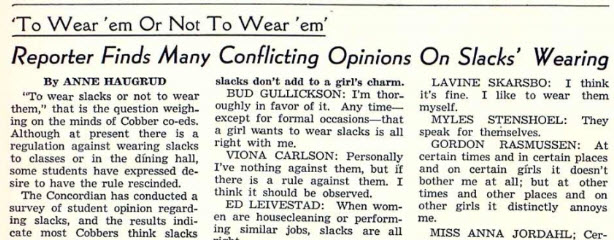 Double standards in the regulation of student conduct at Concordia College placed the liberties of women below those of men. Dress codes and smoking policies in particular explicitly treated female students differently than male students. A combination of student action as well as changing social views brought an end to these sexist differences in regulation over the course of the 1960s and 1970s. Double standards in the regulation of student conduct at Concordia College placed the liberties of women below those of men. Dress codes and smoking policies in particular explicitly treated female students differently than male students. A combination of student action as well as changing social views brought an end to these sexist differences in regulation over the course of the 1960s and 1970s.
|
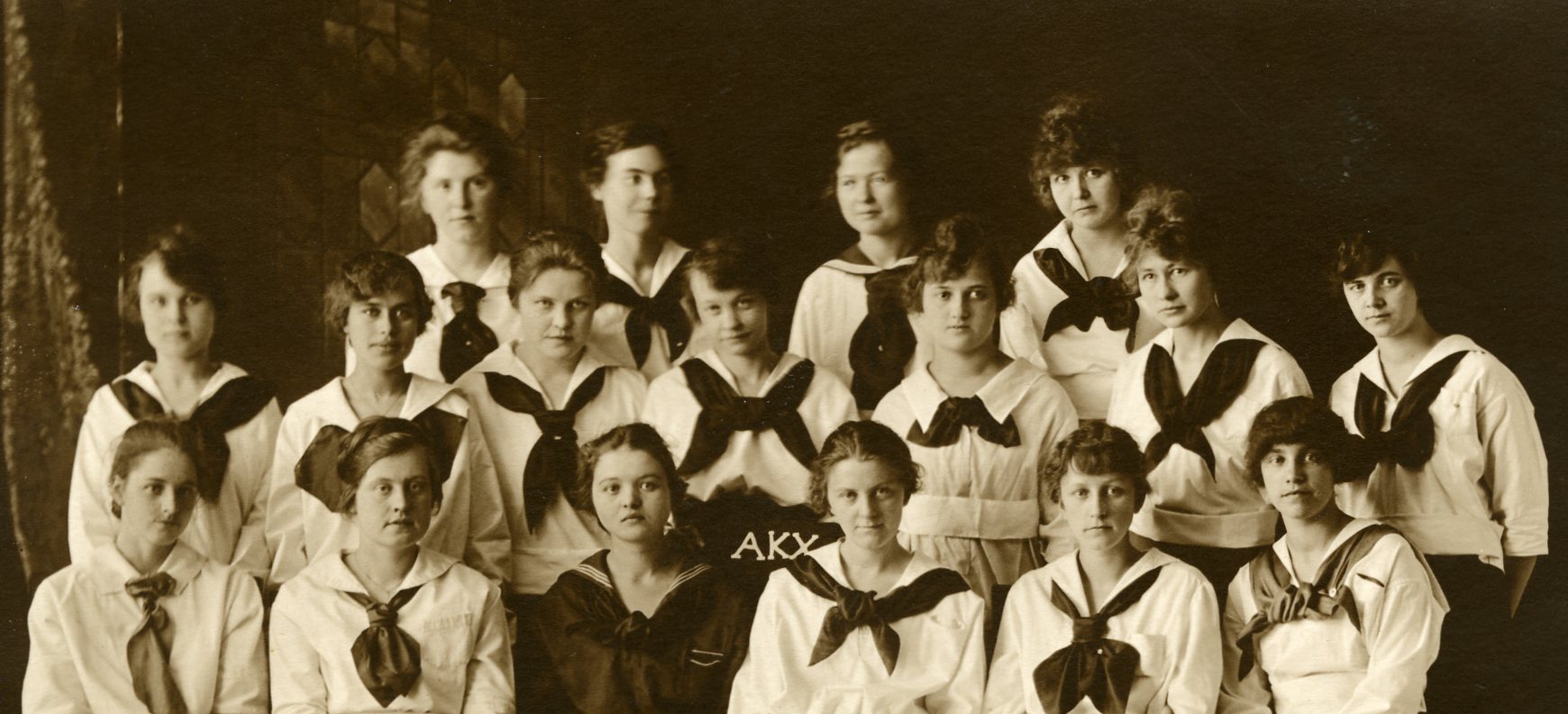 Literary societies were once a common feature at Concordia. Alpha Kappa Chi (AKX) was the first all-female literary society at the college. Even as its focus shifted from literary pursuits to social events to charitable activities, AKX provided a way for Concordia women to engage with their campus and their community for over eighty years. Phi Kappa Chi (PKX) was another major women’s society at Concordia College from 1946 to 1969. Although PKX was relatively short-lived, it provides an interesting look at some of the factors that influenced the rise and fall of women’s (and men’s) societies at Concordia. Literary societies were once a common feature at Concordia. Alpha Kappa Chi (AKX) was the first all-female literary society at the college. Even as its focus shifted from literary pursuits to social events to charitable activities, AKX provided a way for Concordia women to engage with their campus and their community for over eighty years. Phi Kappa Chi (PKX) was another major women’s society at Concordia College from 1946 to 1969. Although PKX was relatively short-lived, it provides an interesting look at some of the factors that influenced the rise and fall of women’s (and men’s) societies at Concordia.
|
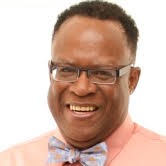 Eric Fontaine attended Concordia College during a period of dramatic racial change in higher education, matriculating in 1970 and graduating in 1974. Stepping from the nation’s capital, Fontaine asserted himself on campus through multiple extra-curricular involvements and leadership positions. He served as a guest editorialist for the student paper and as copy editor of the yearbook. In 1973, Fontaine became the first African American student in the college’s history to be elected Student Association president. Following graduation, Fontaine went on to pursue a wide-ranging career as a human resources professional, providing diversity expertise through consulting, coaching, teaching, and training in industry, government, and higher education. Eric Fontaine attended Concordia College during a period of dramatic racial change in higher education, matriculating in 1970 and graduating in 1974. Stepping from the nation’s capital, Fontaine asserted himself on campus through multiple extra-curricular involvements and leadership positions. He served as a guest editorialist for the student paper and as copy editor of the yearbook. In 1973, Fontaine became the first African American student in the college’s history to be elected Student Association president. Following graduation, Fontaine went on to pursue a wide-ranging career as a human resources professional, providing diversity expertise through consulting, coaching, teaching, and training in industry, government, and higher education.
|
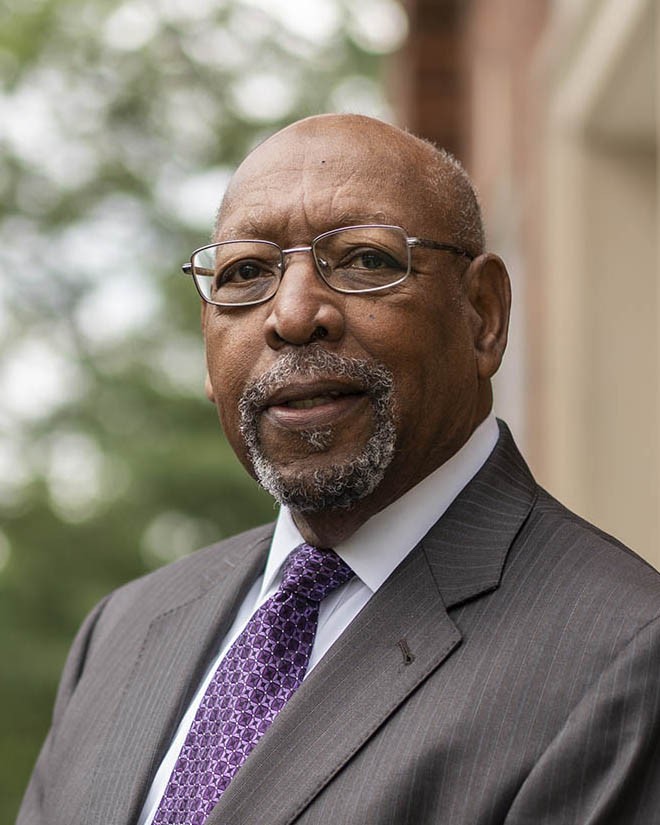 A native of Louisville, Kentucky, Richard Green attended Concordia College during the tumult and excitement of the early modern Civil Rights Movement, becoming the college’s first African American graduate in 1961. A chemistry major, Green went on to earn a master’s degree in science at North Dakota State University (1963) and his PhD in the field of inorganic chemistry at the University of Louisville (1969). In 1964, Green married Dorothy Reed and began work at a chemical firm in Louisville. Richard and Dr. Dorothy Green have two adult children, Richard Clayton and Kim Elizabeth and three grandchildren. Richard C. is a graduate of Stanford University and Kim a graduate of Northwestern University. Green returned to Concordia in 1969 as an assistant professor in the department of chemistry. He became the first director of the college’s new Office of Intercultural Affairs in 1971, helping to make Concordia a more welcoming place as Black and Native student enrollments increased under his leadership. Green served on the Board of Regents from 1972 to 1981 and aided Concordia College by acting as a mediator during the Black Student Strike of 1976. Green’s career followed numerous industry, faculty, administrative, and academic leadership posts across the nation, earning him the highest esteem as a respected and sought-out leader in higher education. A native of Louisville, Kentucky, Richard Green attended Concordia College during the tumult and excitement of the early modern Civil Rights Movement, becoming the college’s first African American graduate in 1961. A chemistry major, Green went on to earn a master’s degree in science at North Dakota State University (1963) and his PhD in the field of inorganic chemistry at the University of Louisville (1969). In 1964, Green married Dorothy Reed and began work at a chemical firm in Louisville. Richard and Dr. Dorothy Green have two adult children, Richard Clayton and Kim Elizabeth and three grandchildren. Richard C. is a graduate of Stanford University and Kim a graduate of Northwestern University. Green returned to Concordia in 1969 as an assistant professor in the department of chemistry. He became the first director of the college’s new Office of Intercultural Affairs in 1971, helping to make Concordia a more welcoming place as Black and Native student enrollments increased under his leadership. Green served on the Board of Regents from 1972 to 1981 and aided Concordia College by acting as a mediator during the Black Student Strike of 1976. Green’s career followed numerous industry, faculty, administrative, and academic leadership posts across the nation, earning him the highest esteem as a respected and sought-out leader in higher education.
|
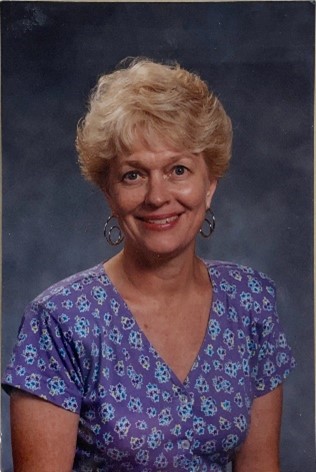 Kathryn “Kathy” Benson spent fifty years of her life employed at Concordia College. Through her work at the Kjos Health Center and beyond, she touched the lives of many and supported both students and staff in their physical and mental wellness. Benson was a deeply valued and beloved figure during her time at the college. Kathryn “Kathy” Benson spent fifty years of her life employed at Concordia College. Through her work at the Kjos Health Center and beyond, she touched the lives of many and supported both students and staff in their physical and mental wellness. Benson was a deeply valued and beloved figure during her time at the college.
|
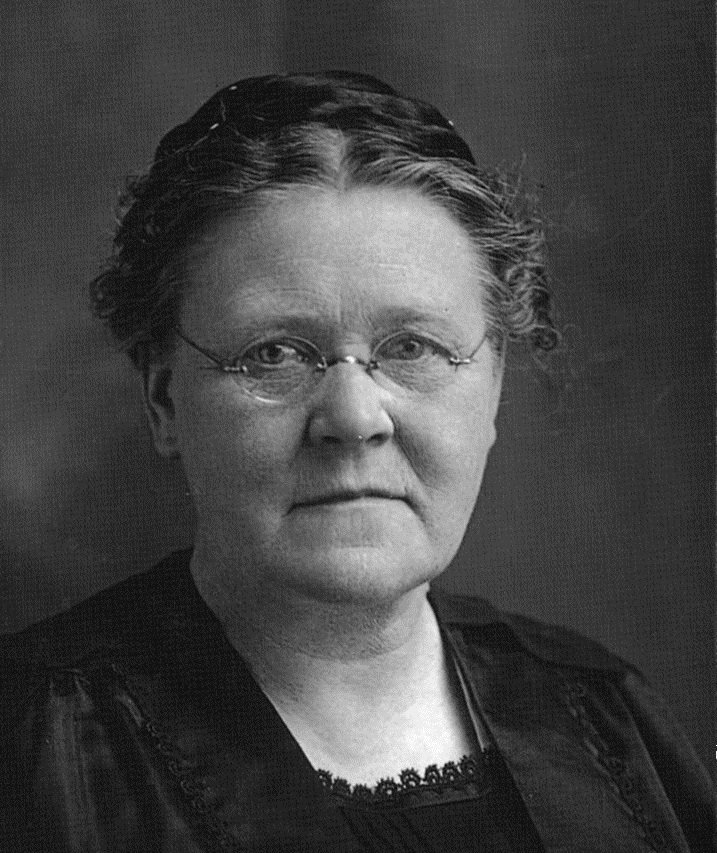 Helga Fjelstad served as matron of Concordia College for thirty-three years. An excellent cook and manager, Fjelstad was the head of the dining hall staff and helped manage the boarding department’s finances. She was affectionately nicknamed “Mother Fjelstad” by the students, who often sought her out for comfort and advice. Fjelstad Hall is named after her, in honor of her many contributions to Concordia College. Helga Fjelstad served as matron of Concordia College for thirty-three years. An excellent cook and manager, Fjelstad was the head of the dining hall staff and helped manage the boarding department’s finances. She was affectionately nicknamed “Mother Fjelstad” by the students, who often sought her out for comfort and advice. Fjelstad Hall is named after her, in honor of her many contributions to Concordia College.
|
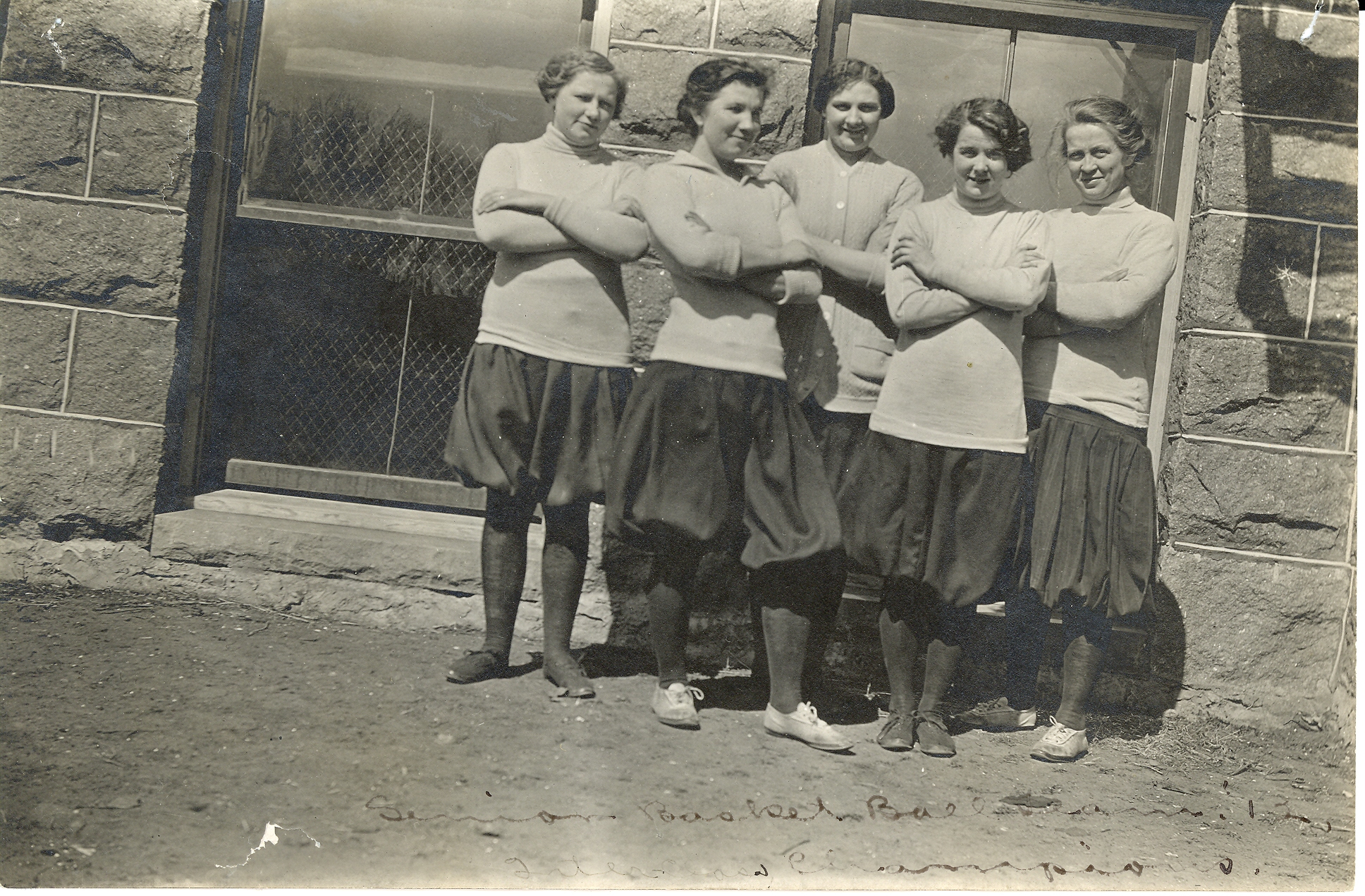 Women’s athletics thrive at Concordia, but the varsity programs currently known and loved did not have their beginning until 1972 and have undergone some dramatic changes in management over the decades, from the Women’s Athletic Association (WAA) and the Association for Intercollegiate Athletics for Women (AIAW), to the National Collegiate Athletic Association (NCAA). Women have fought for the chance to have their talents shine on the court, on the field, in the pool, and more, and while this trend towards gender equality is still ongoing, women’s athletics have nonetheless gained great strides. Women’s athletics thrive at Concordia, but the varsity programs currently known and loved did not have their beginning until 1972 and have undergone some dramatic changes in management over the decades, from the Women’s Athletic Association (WAA) and the Association for Intercollegiate Athletics for Women (AIAW), to the National Collegiate Athletic Association (NCAA). Women have fought for the chance to have their talents shine on the court, on the field, in the pool, and more, and while this trend towards gender equality is still ongoing, women’s athletics have nonetheless gained great strides.
|
 Vivian Wensel was a faculty member of the Concordia physical education program for thirty-five years. She taught over twenty different classes and coached the women’s badminton and golf teams. Through her work on campus and in May travel seminars abroad, she provided a positive role model for young female athletes at Concordia.
Vivian Wensel was a faculty member of the Concordia physical education program for thirty-five years. She taught over twenty different classes and coached the women’s badminton and golf teams. Through her work on campus and in May travel seminars abroad, she provided a positive role model for young female athletes at Concordia.






